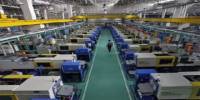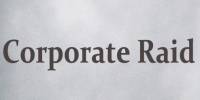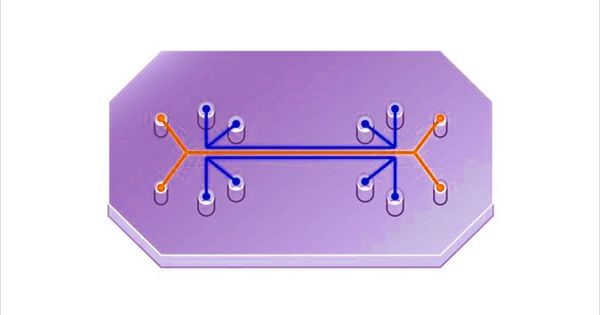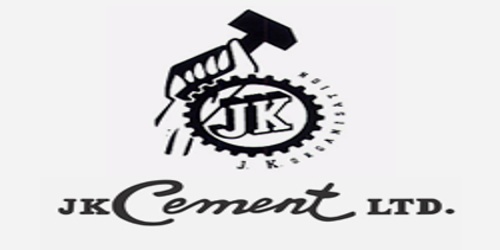A manufacturing company requires many types of material to produce any goods or service. Every firm must hold adequate inventory. The main objective of holding inventories is to reduce the cost associated with investment in inventory and maintaining efficiency in production and sales operations. Inventory is the stock that the firm maintains to meet its future requirement for production and selling. If a firm does not hold sufficient inventory and makes purchases only when it is needed for production and sale arises, then the firm will not be able to offer timely delivery according to customers order.
Objectives of holding inventory may be specified as below: The primary objective in terms of holding inventory is to ensure that customer service targets can always be met without compromising cash flow or running out of stock.
- To Avoid Losses Of Sales
One of the objectives of holding inventory is to avoid the losses of sales. Businesses should always hold enough stock to be able to meet unexpected spikes in consumer demand, but not so much that an overstock issue arises. If the firm holds an inadequate inventory of finished goods, the form could not satisfy customer’s demand timely. As a result, the customers requiring an immediate supply of goods will move to the competitors, which is known as a stock-out problem.
- To Gain Quantity Discounts
Suppliers usually offer a quantity discount on bulk purchase of materials. So for example, a business looking to stock its inventory for the coming winter seasons will need to order its goose down coats up to eight months in advance. Therefore, if a firm has relatively lower holding the cost of material, it could maintain a relatively larger investment in inventories to gain from the quantity discount offered by suppliers. However, it should be noted that the benefit from quantity discount must be greater than the cost of maintaining inventories.
- To Reduce Order Costs
If a firm’s ordering cost is relatively higher for an order placed each time, frequent purchasing in small quantity is not economical. In order to be able to capitalize on low cost offers, however, a business must have the necessary working capital available. Therefore, placing a lesser number of orders in relatively large quantity each time could reduce the variable costs associated with an ordering of material.
- To Achieve Efficient Production Run
When a firm schedules production. the firm has to maintain a fixed production set up costs for each time. Therefore, by maintaining adequate inventories the firm can set up a relatively long run of the machines so as to reduce set up the cost per unit.
Information Source:
















